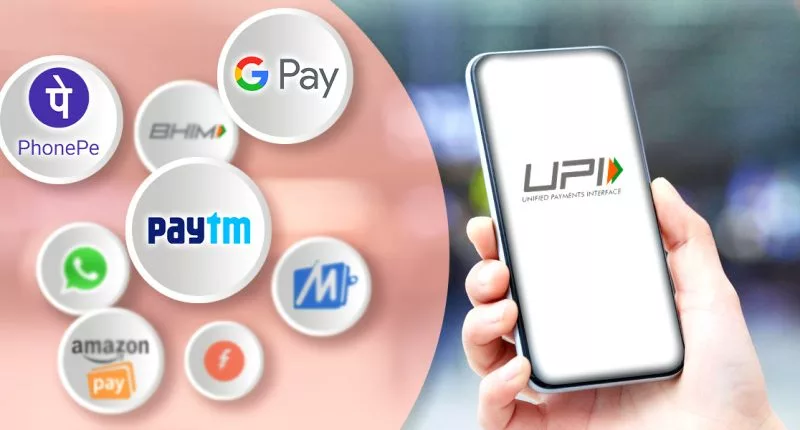
Nov.24: The adoption of the Unified Payments Interface (UPI) in India has surged in popularity due to the continuous efforts of the National Payments Corporation of India (NPCI) and banks.
This has made it more convenient for both merchants and customers to make small payments without the need for cash. The user-friendly interface of popular UPI apps like Google Pay, Paytm, PhonePe, and Amazon Pay has also contributed to the widespread reliance on UPI in India. However, it’s worth noting that there is a daily transaction limit when using UPI, despite its frequent use throughout the day.
The transaction limit for regular UPI is set at Rs 1 lakh per day. It is important to mention that no bank permits UPI payments exceeding Rs 1 lakh within 24 hours. Additionally, the maximum amount you can transfer through UPI in a day is also determined by the specific app you are using. Below are the UPI transaction limits for popular apps such as Google Pay, PhonePe, Amazon Pay, and Paytm.
As per NPCI guidelines, Paytm permits a maximum payment of Rs 1 lakh per day. However, there are no limitations on UPI payments made through Paytm.
Google Pay, also known as GPay, imposes a limit on the amount users can send via UPI in a single day, which is capped at Rs 1 lakh. Additionally, the app restricts users from making more than 10 transactions within a day. Consequently, users have the option to either make a single transaction of Rs 1 lakh or conduct up to 10 transactions with varying amounts.
Amazon Pay enables users to make payments of up to Rs 1 lakh through UPI. With this app, individuals can conduct a maximum of 20 transactions per day. Additionally, new users are limited to transacting up to Rs 5,000 within the initial 24 hours.
PhonePe offers transaction limits that are comparable to Google Pay, allowing users to make payments of up to Rs 1 lakh per day. However, unlike Google Pay, PhonePe does not impose a limit of 10 transactions per day. Additionally, PhonePe does not have any hourly limits, providing users with more flexibility in their transactions.






